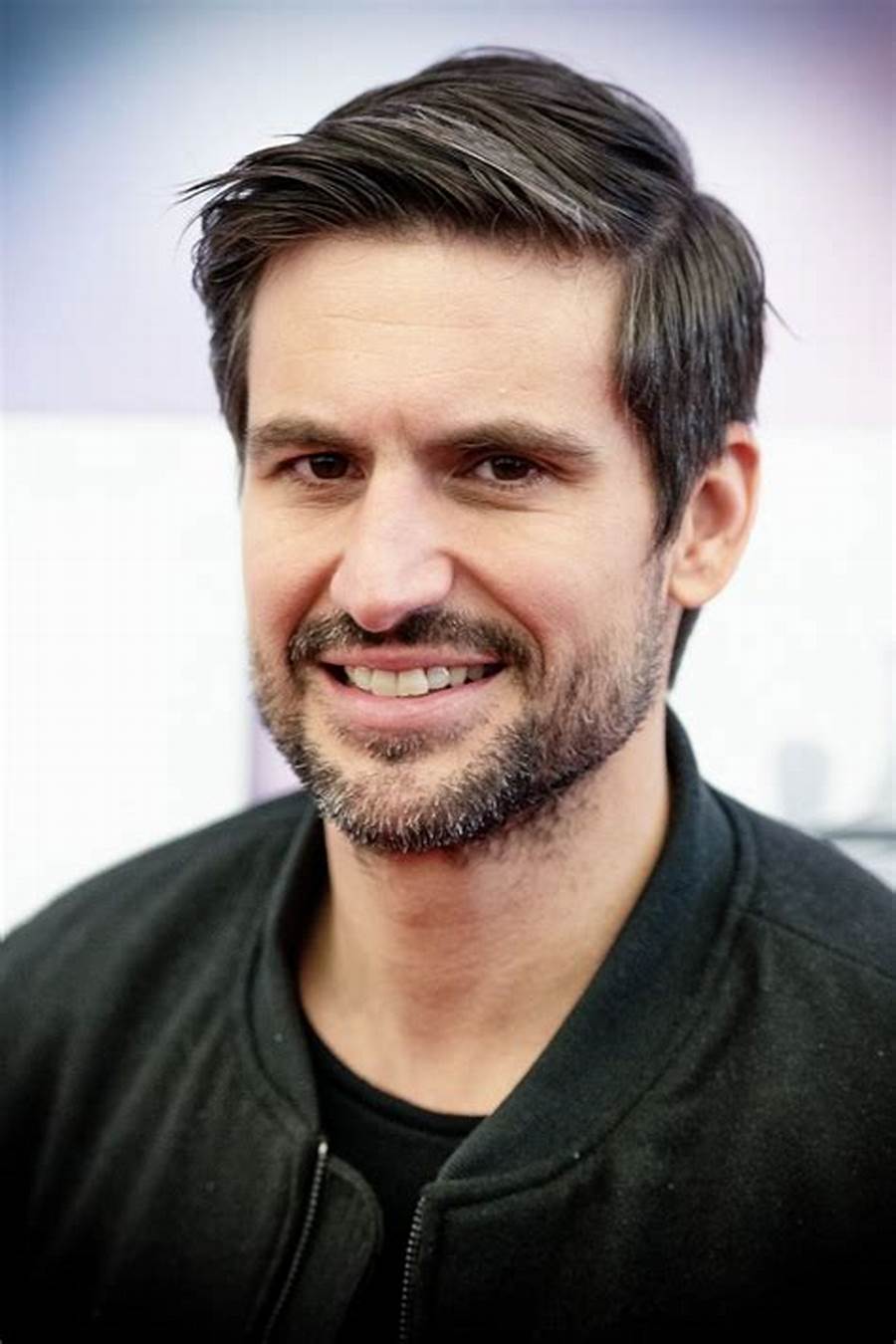The aggression of Ukraine by Russia led to a more than justified uprising, but also a concern in the international arena. We know the fragile bastions of multilateral institutions. But did it really collapse, jeopardizing everyone’s safety? This important debate is accelerating — and one has to ask whether Canada can contribute constructively to it.
Its response to the Ukraine crisis was commensurate with its financial and military resources. The announced sanctions are in sync with its allies, as all actions must be combined to get the desired effect. The war that rages on, however, will require a diplomatic effort if a truce is to be reached. Similar efforts will be needed later to consolidate the multilateral system. And in this area, Canada’s ability to act is limited, as its influence has diminished over the past 15 years. This was his own fault.
Following his election in 2015, Prime Minister Justin Trudeau declared that Canada was returning to the international stage after the Harper years. The Conservative government has been selective in its international relations, generally based on its ideological preferences, which has caused it to ignore Canada’s relations with the United Nations, the African continent, and many countries. Justin Trudeau has corrected some of it, but “the promised farewell to Stephen Harper is more in speech, not necessarily in practice,” said political scientist Justin Massie, of UQAM, a specialist in international affairs. However, “influence comes from our actions, from our presence, not just from images”, adds Jeremy Kinsman, a former career diplomat, researcher and commentator today, who is ambassador in Moscow, Rome, London and with the European Union.
According to Justin Massie, a frequent criticism of experts and former diplomats of Justin Trudeau is that he’s withdrawing, that he doesn’t seem too interested in foreign policy. And like Stephen Harper, he uses it primarily as a platform to talk to Canadians, based on domestic political goals and partisan interests, the professor noted.
Harper and Trudeau also practice what is called principled diplomacy according to which one has nothing to do, or little to do, with those whose actions are disapproved of. “Diplomacy is not about avoiding people you don’t like, especially if you want peace. On the other hand, the researcher said. You have to know what’s going on behind the scenes, build networks, anticipate crises, and possible responses.
Relations with Ukraine have never been neglected, as Canada has long enjoyed a special relationship with this country, from which about 1.4 million Canadians hail (Canada has the third largest population of Ukrainian origin in the world, after Ukraine and Russia). On the other hand, “under Stephen Harper, we have given up our relationship with Moscow”, says Jeremy Kinsman. Justin Trudeau was open to closer ties when he became leader of the Canadian Liberal Party, but his interest waned once he came to power.
In foreign capitals, Trudeau’s government has also created some disappointments, which partly explains Canada’s second failure to win a seat on the UN Security Council, in June 2020. He has pledged, for example, to increase Canada’s participation in UN peacekeeping. mission. “The world was counting on it, but we didn’t and we refused to renew a simple mission in Mali,” notes Jeremy Kinsman.
At the end of the Second World War, Canada invested fully in building a multilateral architecture and in solving the crises that followed. We realize that the defense of the country’s economic, security and political interests cannot be ensured by itself. In addition to relying on a solid diplomatic network, Canada has joined a number of international forums, from the United Nations to NATO, including La Francophonie, the G7 and the G20.
The Trudeau government has not turned its back on him, but for multilateralism to bear fruit, a solid “diplomatic canvas” is needed, as Justin Massie puts it. However, he is no longer what he used to be. As under Stephen Harper, the chancellor remained directionless for months, if not years, including this time in Paris and Beijing. Friends of the regime, with no real diplomatic experience, were appointed ambassadors (for example, businessman Isabelle Hudon, appointed to Paris in 2017). A growing number of senior officials at Global Affairs Canada lack experience in the field. According to Justin Massie, the Department is “stop growing” and will take years to recover the depth and expertise of the past.
Canada, known in the past for its initiatives, is in a much more passive mode. Nothing on the menu compares to Brian Mulroney’s campaign against apartheid or the Christian-era Landmine Ban Convention. The last real foreign policy statement was developed under the Paul Martin administration 17 years ago, when the world was very different from today.
It requires an uphill pursuit. It is too late for Canada to influence the diplomatic outcome of the Ukraine crisis. However, there are lessons to be learned, and quickly, if he is to be able to participate constructively in the reform of the United Nations and the security apparatus.

“Hardcore zombie fan. Incurable internet advocate. Subtly charming problem solver. Freelance twitter ninja.”


![Bogusław Wołoszański: “Achieving nuclear weapons would be the beginning of World War III” [WYWIAD]](https://storage.googleapis.com/bieszczady/rzeszow24/articles/image/877236c0-66fd-457a-9eb4-41792f9077ff)




